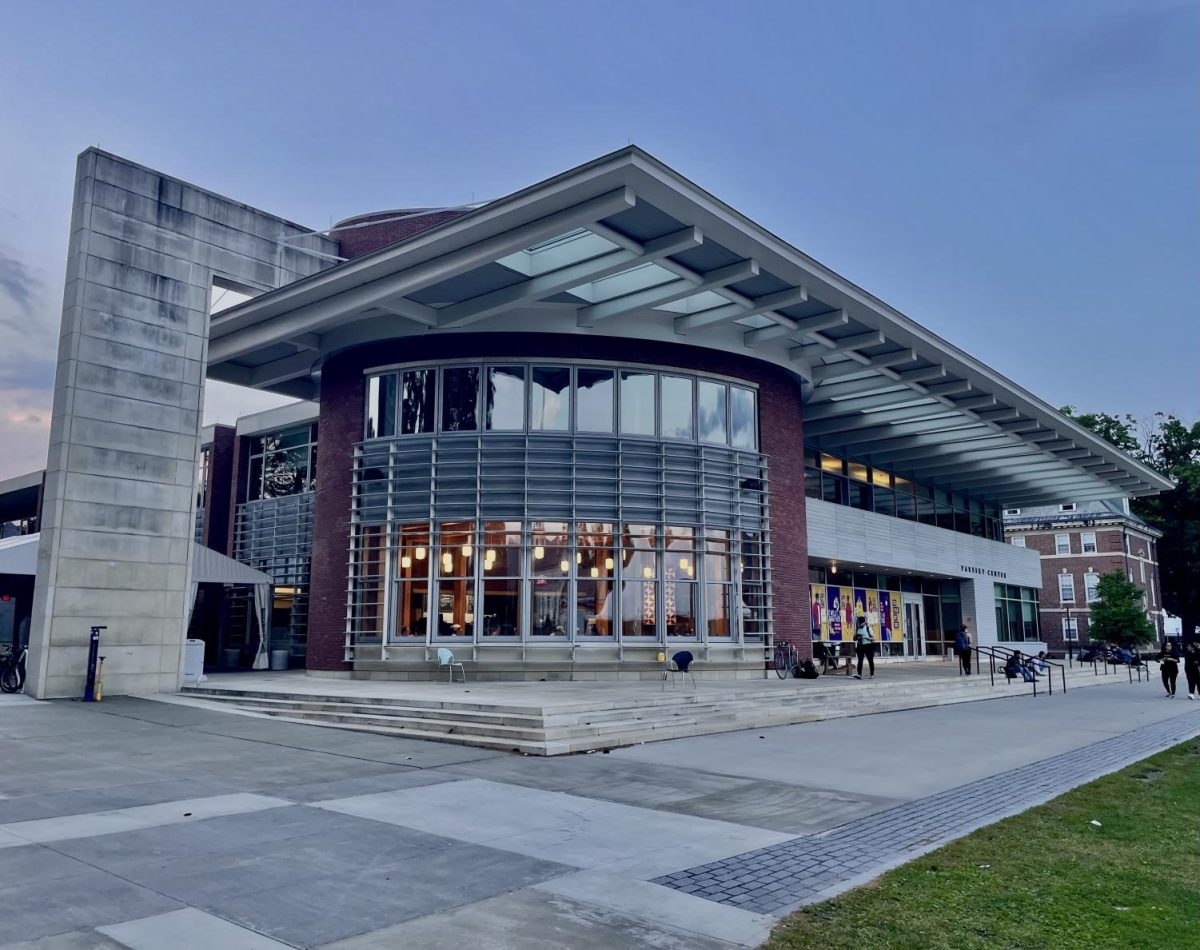Students elected 11 candidates to the Williams Student Union (WSU) this semester, seven of which are returning representatives. Only the Class of 2027 had enough candidates for a contested election, and only two students from the Class of 2025 ran, leaving one of the governing body’s 12 spots unfilled.
24.3 percent of the student body voted in the election, a decrease from last year’s voter turnout of 31.7 percent. 44.6 percent of the voters in the fall 2023 election were first-years, with 18.2 percent, 14.8 percent and 22.4 of the senior, junior and sophomore classes voting, respectively. Only the Class of 2027 had a contested election, with seven candidates as opposed to the two or three of the other classes. In an email sent out to announce results, it was stated the Class of 2025 has left its third position vacant as no write-in candidates received votes from at least 5 percent of the Class of 2025, per WSU by-laws.
The elected representatives are Samir Ahmed ’24, Gwyn Chilcoat ’24, Surya Kotapati ’24, Shoshie Hemley ’25, Bobby Verhey ’25, Wes Morrison ’26, Dylan Safai ’26, Jeffrey Zigbuo ’26, Nifty Haile ’27, Osegie Osayimwen ’27, and Merrick Rash ’27.
WSU held a “meet-the-candidates” event in Baxter Hall on Sept. 19, a day before voting opened, for students to inquire about candidates’ plans for the upcoming semester.
The election comes three years after the dissolution of the College Council (CC) and subsequent founding of the Three Pillars system. Calls to dissolve the CC largely stemmed from its longstanding history of excluding underrepresented groups on campus. In 2019, CC received criticism for its reluctance to fund Black Previews, an affinity program for prospective Black students.
In February 2020, students passed a motion that replaced the CC with three distinct “pillars” of student government: WSU, Facilitators for Accessing Student Taxes (FAST), and The Advisory Board for Lobbying and Elections (TABLE). WSU specifically is intended to serve as a non-hierarchical system that advocates for students and liaises with the College’s administration, according to its constitution.
Chilcoat emphasized that WSU is not a student council but an advocacy body. “That’s what it should be, and that’s how it can do the most good,” she said.
In an interview with the Record, Chilcoat said that TABLE assisted with running the election by sending out all campus emails, making the self-nomination form and election ballot, and setting up the election software, which led to greater efficiency.
“We have more eyes on everything, ” she said. “This election has run the most smoothly [out of] any election we’ve had as long as we’ve been here.”
Chilcoat spoke about WSU’s ongoing projects, such as the Written in Stone project which was proposed in 2021. By engraving the College’s marble blocks with language and symbols, the project aims to create more awareness about the College’s role in displacing the Stockbridge-Munsee Mohican tribe and increase Indigenous representation on campus. “We’re working on finalizing the location and artwork that is going to be on campus as a permanent land acknowledgement to the Stockbridge-Munsee Mohican community,” Chilcoat said.
Chilcoat also spoke about the Haystack Monument proposal, begun in 2019, which looks to replace its current plaque with text that more accurately acknowledges its colonial history and places it in a more informed historical context. “We’re working with Facilities and Communications and other offices to do that final step of actually putting up the new plaque, putting the old plaque into archives, and coming up with community events surrounding putting up the new plaque to host community conversation,” she said. “And again, this is a starting point for conversation around Haystack, not an ending point.”
WSU is also working on compiling a resource guide, begun in 2022, for first-years that would provide them with information on how to navigate the College’s resources, according to Chilcoat. This would allow them to feel more at ease during their initial undergraduate year.
Ahmed and Chilcoat reflected on their evolving role at WSU as they embarked on their final year at the College. “We can help support any action and support any [new] movements that do occur because of our knowledge,” Ahmed said. “But it’s not really our place to start anything new, since we’re graduating in a year, and we aren’t as in tune with what new issues might be popping up.”









